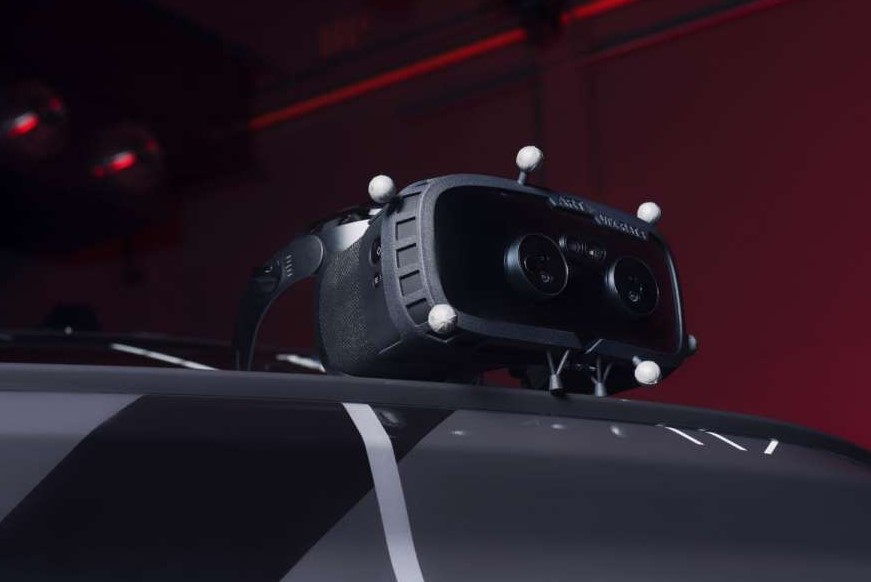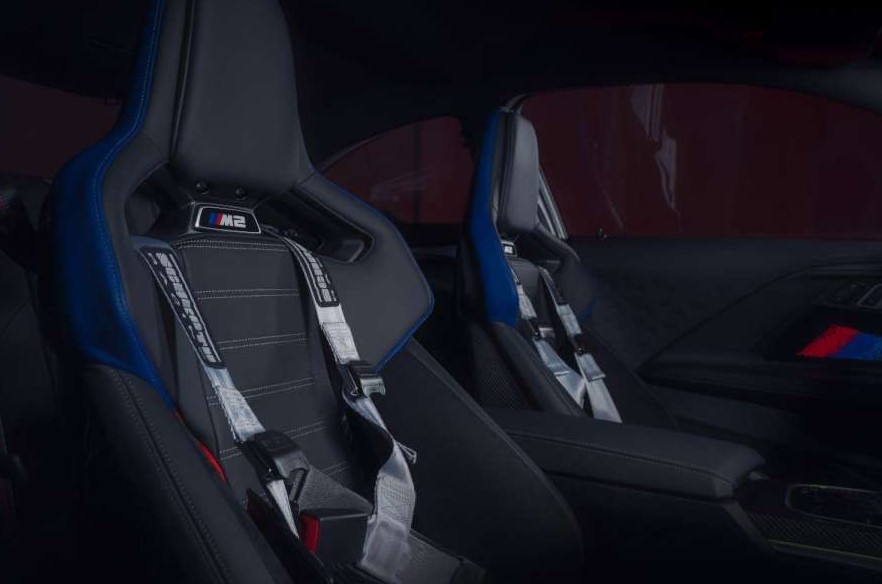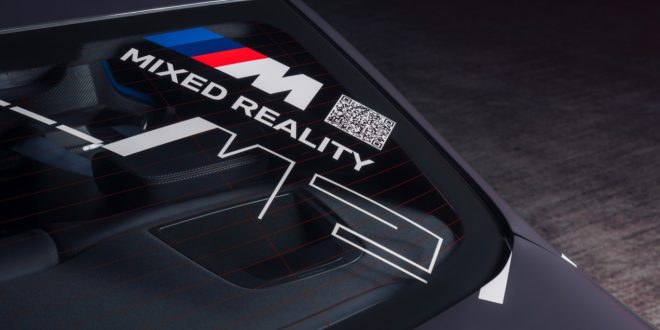Drivers may experience virtual reality while driving a conventional vehicle thanks to the BMW M Mixed Reality initiative, and it looks like a lot of fun.
During the Web Summit 2022 conference in Lisbon, Portugal, BMW displayed its M2 Coupe in conjunction with its M Mixed Reality technology platform. The platform is powered by mixed reality and virtual reality technologies, which bring the virtual and real worlds together.
Participants may control the M2 on a simulated racetrack while wearing a Varjo XR-3 VR headset and being physically present in an empty lot. Drivers can see their hands, the steering wheel, and the dashboard up front thanks to the immersive in-car experience. BMW expresses gratitude to video game collaborators like Epic for the coupe’s transformation into a controller.
An interior-facing camera positioned on the dashboard monitors the driver’s head movement. As the headset is connected to a computer in the trunk, users who tested the device reported that it tracked with very little lag.

Any movement made by the M2 is captured by the Mixed Reality system and utilised in the MR system. With the headset’s ability to evaluate the movement of the car and the driver’s actions, drivers can actually see what they are doing, which should lessen incidents of motion sickness.

Franciscus van Meel, the CEO of BMW M, issued the following statement: “We won’t limit ourselves to adding digital services to the car. The user’s physical and digital worlds will converge with the car. In the most recent racing game, they could desire to operate vehicles that they actually own.”

The M2 has an 8-speed automated transmission and a six-cylinder engine with 460 horsepower. The coupe has a manual transmission option and accelerates from 0 to 62 mph in 4.1 seconds.
It’s no secret that contemporary cars are jam-packed with computer hardware and software that are all intended to assist drivers and passengers. Engineers can now employ technology like mixed reality to design next-generation automobiles in a way that is not possible with conventional engineering tools. Although the cost of the VR headgear alone is over $6,500, don’t anticipate this being implemented at your neighborhood BMW dealership any time soon.
 Tech Gadget Central Latest Tech News and Reviews
Tech Gadget Central Latest Tech News and Reviews




